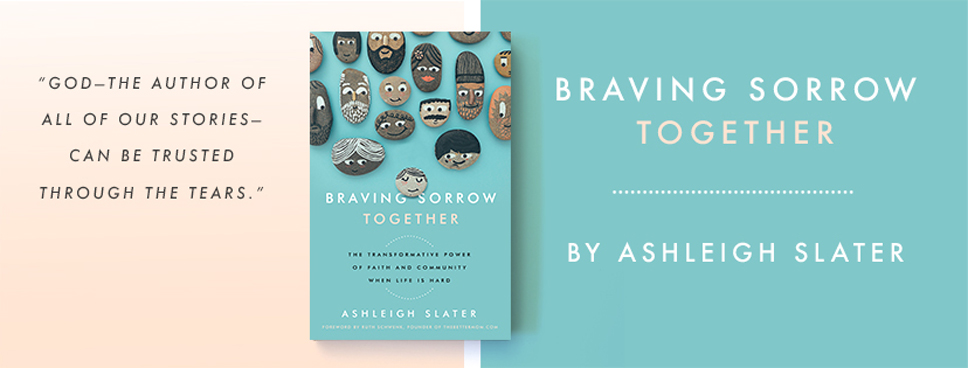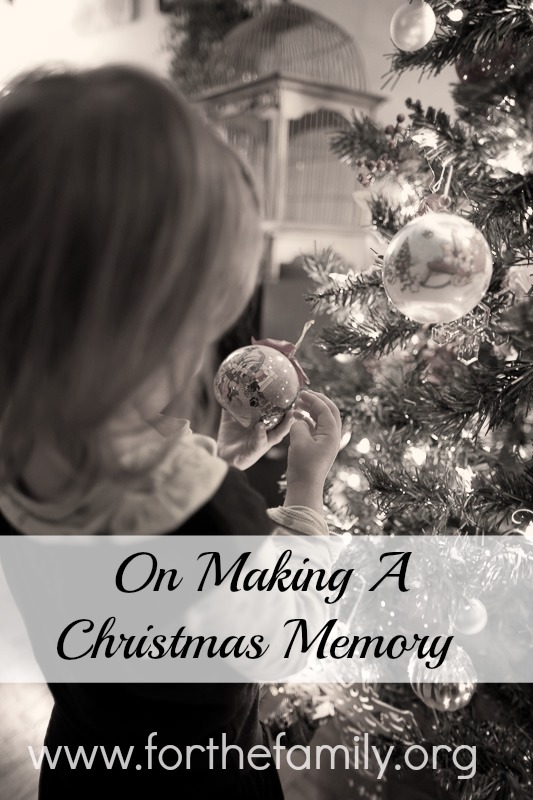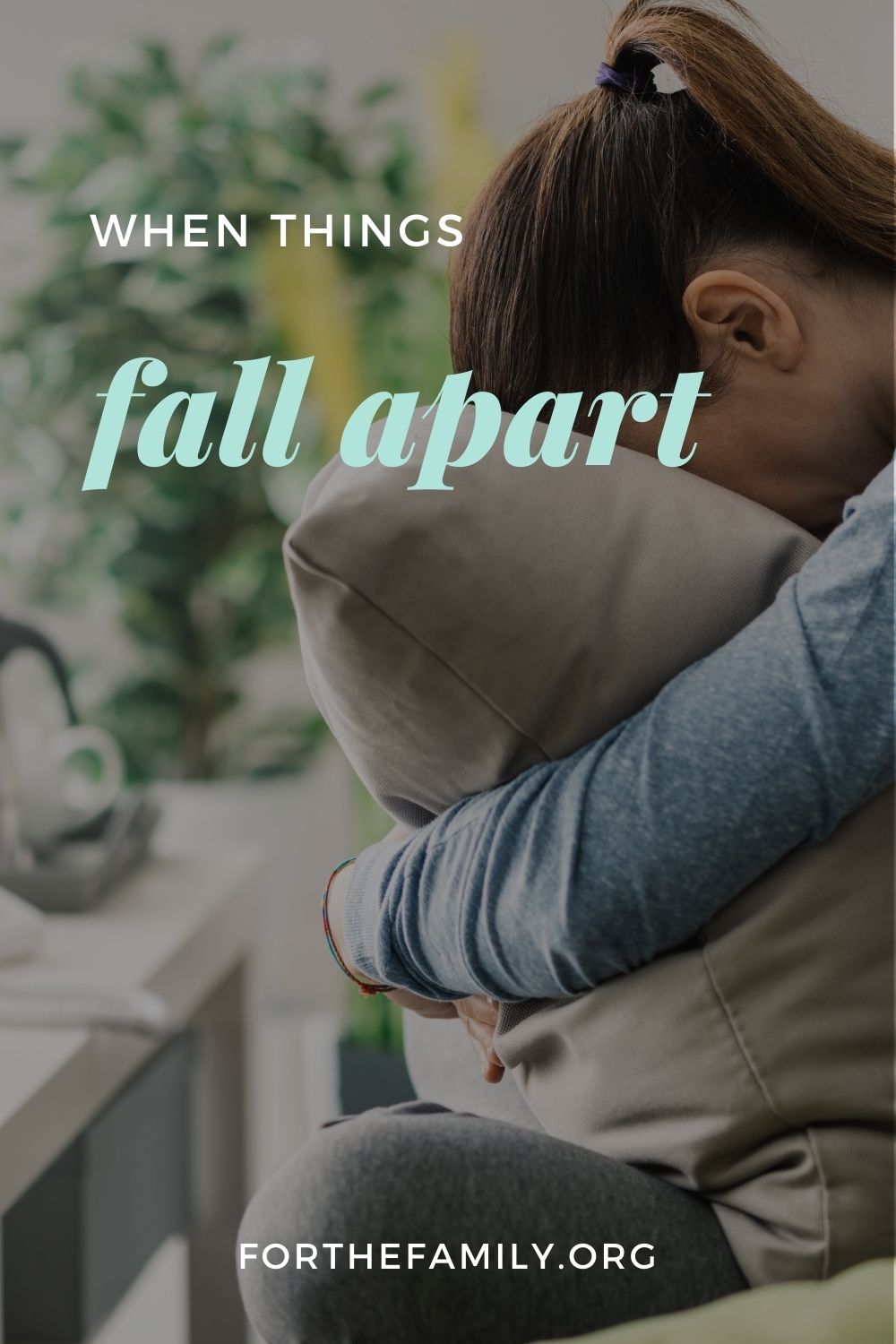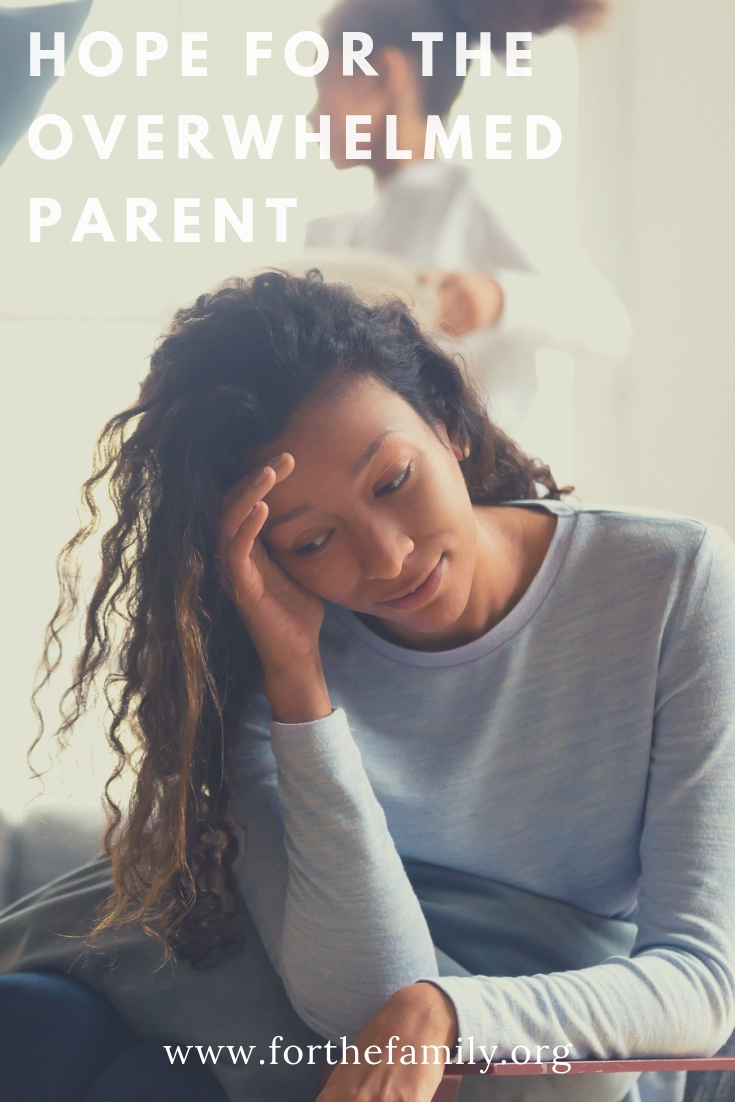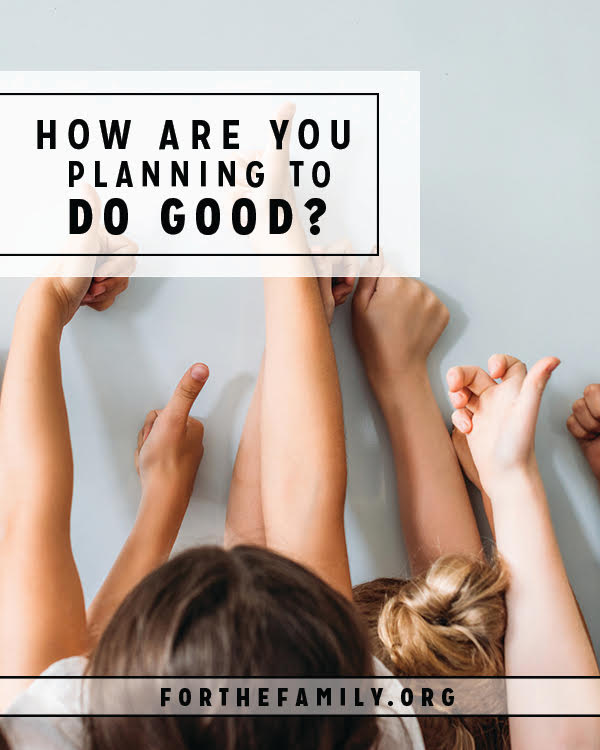How to Tell If You Isolate Yourself During Sorrow
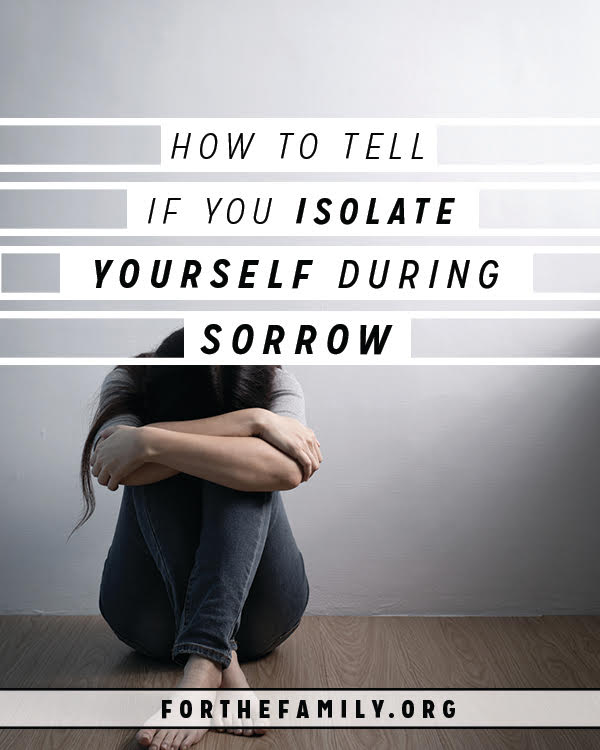 “Whew! It’s ants and bees,” my fourth grader dramatically stated. “These pictures aren’t as scary as the ones of other bugs.”
“Whew! It’s ants and bees,” my fourth grader dramatically stated. “These pictures aren’t as scary as the ones of other bugs.”
We were halfway through a unit on insects and spiders for science. We’d finally hit a page in her textbook that didn’t make her recoil.
It was also a section that captivated my attention in a new way. You see, I learned something I’d forgotten about ants and bees.
Did you know that scientists label them “social” insects?
Social insects are those who live and work together. Each individual ant or bee has a role within their colony and each faithfully plays a part in supporting it. Together, they supply food, protection, and shelter for their entire community. Think A Bug’s Life.
The bottom line is that these insects can’t survive without each other.
I believe God designed us to be the same.
We Need Each Other … Especially in Sorrow
While we may not all live together in colonies as ants and bees do, like them, we do need each other. In fact, the writer of Hebrews even exhorts us:
And let us consider how to stir up one another to love and good works, not neglecting to meet together, as is the habit of some, but encouraging one another, and all the more as you see the Day drawing near. (Hebrews 10:24-25)
Here’s the thing, though. It’s easy to remain in community when life is going well, right? When we feel strong and capable and brave.
Yet, when we face loss, struggle, or heartache – when we most likely need each other the most – we often retreat. We become, what I call in my book Braving Sorrow Together, “relational refugees.” Rather than inviting others to walk through our pain with us, we isolate ourselves from relationship.
3 Ways to Tell If You Isolate Yourself During Sorrow
Being part of a community during sorrow, doesn’t mean you need to share everything you are going through with everyone you know. Instead, it is as simple as reaching out to and confiding in one or two trusted individuals.
Sometimes, though, we avoid connecting even with those who know us and love us best. How can you tell if perhaps you’ve allowed sorrow to cause you to isolate yourself?
Whether it’s from your spouse, your kids, your friends and family, or your church community, here are three ways.
1. You make excuses for why you can’t connect with others
Consider whether are making any of the following excuses:
- You say to trusted friends, “I’m too busy to get together,” when you actually aren’t.
- You promise, “I’ll call or text you later,” but then you never do.
- You tell your spouse, “I’m too tired to talk right now,” to put off conversation.
2. You offer generic responses when asked how you’re doing
One way we isolate ourselves is by choosing not to be open and honest with others about how we’re doing. Think about whether you are responding to others with:
- “I’m hanging in there,” even though you seriously feel like you aren’t.
- “I’m doing okay,” but you are far from okay.
These type of statements often close down a potential conversation, rather than allow the asker to support and encourage you in your sorrow.
3. You are cynical of community
It’s likely that at some point community, or a specific individual within it, has let you down during sorrow. It may even be your spouse who hasn’t been there for you, or who has grieved it differently than you have.
If you are choosing to not to participate in community and trust those closest to you because you’re afraid they may let you down again, it could be you’ve become cynical or distrusting.
And, if that’s the case, you are most likely isolating yourself when you need others the most.
Let’s Be More Like the Ants and Bees
It’s true that community won’t perfectly support us. There will be times they’ll let us down.
Even so, let’s choose to be “ant” and “bee” people. Individuals who brave our sorrow by reaching out to others and allowing them to walk alongside us.
Ashleigh
AshleighSlater.com
How do you cope when life is hard? Is there a way to grieve so that seasons of loss become seasons of growth? Braving Sorrow Together is about where to turn when life is hard. Ashleigh Slater weaves together Scripture, personal stories, and guest entries to comfort the suffering and encourage hopeful grieving. Whether your trials concern health, employment, relationships, or even death, grief can turn into growth when we lean on Christ and others. Braving Sorrow Together provides solace for hard times and advice for getting through them with grit and grace.

